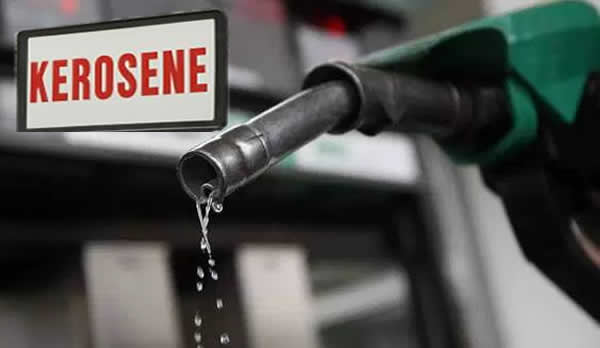
This, he said, forms part of his regime’s plans to scale down greenhouse gas emissions, adding that the NDC has been submitted to replace the interim contribution of May 27, 2021.
According to a statement signed on Friday by his Senior Special Assistant on Media and Publicity, Femi Adesina, Buhari revealed this in a virtual meeting hosted by President Joe Biden of the United States on Major Economies Forum on Energy and Climate Change.
The statement is titled ‘We’re scaling down on emissions, with 2030 targets for elimination of kerosene lighting, increased bus transits, says president Buhari at energy forum.’
Restating Nigeria’s commitment to a safer and healthier global climate, he said, “Our updated NDC includes the waste sector which is expected to contribute to the reduction of Nigeria’s Greenhouse Gas emissions. This development raised an additional two per cent to the Nationally Determined Contribution from 45 per cent to 47 per cent conditionally and 20 per cent unconditionally below business-as-usual.
“Other action plans that are inherent in our NDC include; the elimination of kerosene lighting by 2030, increase in the use of bus rapid transit as a means of transportation for the general public, 50 per cent reduction in the fraction of crop residues burnt by 2030 and implementation of forest programmes.
“Initiatives to deliver 20 per cent Green House Gas emission reductions and enhanced removals equivalent to approximately 74.2 Metric tons of Carbon Dioxide by 2030, and Ratification of the Kigali Amendment to the Montreal Protocol to phase out Hydro-fluoro-carbon emissions.”
Buhari also noted that Nigeria was developing National Frameworks for Article 6 and for carbon pricing, adding, “we have finalized the Sectoral Action Plan for the implementation of the revised NDC in the key priority sectors, namely Energy, Oil & Gas, Agriculture & Land use, Power, Transport and Water and Waste.’’
On the Global Methane Pledge, Buhari told the world leaders that Nigeria joined the Global Methane Alliance in 2019 with a commitment to methane reduction targets of at least 45 per cent by 2025 and a 60-75 per cent reduction by 2030.
He explained that his government aims to improve air quality and reduce Nigeria’s contribution to climate change through 22 specific mitigation measures in 8 source sectors, namely: transportation, cooking and lighting in households, industry, waste, oil and gas, agriculture, power, and Hydro-Fluoro-Carbon.
It also plans to adopt and ratify the Kigali Amendment to the Montreal Protocol aimed at phasing out Hydro- fluoro-carbon emissions.
On transition fuels, Buhari noted that some countries were already setting bans on the sale of oil-consuming Internal Combustion Engine vehicles.
He argued that Nigeria, however, is also aware that short-term response to the transition from fossil fuel to clean energy may jeopardize its economic growth.
“As a result, we intend to use the Long-Term Low-Emissions Development Strategy as our transition process,” he said.
Buhari explained that the Long-Term Low-Emissions Development Strategy provides Nigeria the pathway to carefully assess the opportunities that might arise in terms of a cleaner, more dynamic, and more sustainable growth model.
He thanked Biden for convening the event, which, he said, remains crucial to the well-being of national economies as well as the continued existence of all people on the planet.
Buhari also appreciated other members of the Major Economies Forum for Energy and Climate Change for their commitment to climate action, particularly the consensus on the deployment of clean energy technologies at the lowest possible cost and the establishment of the Global Partnership to drive transformational progress across the globe.





